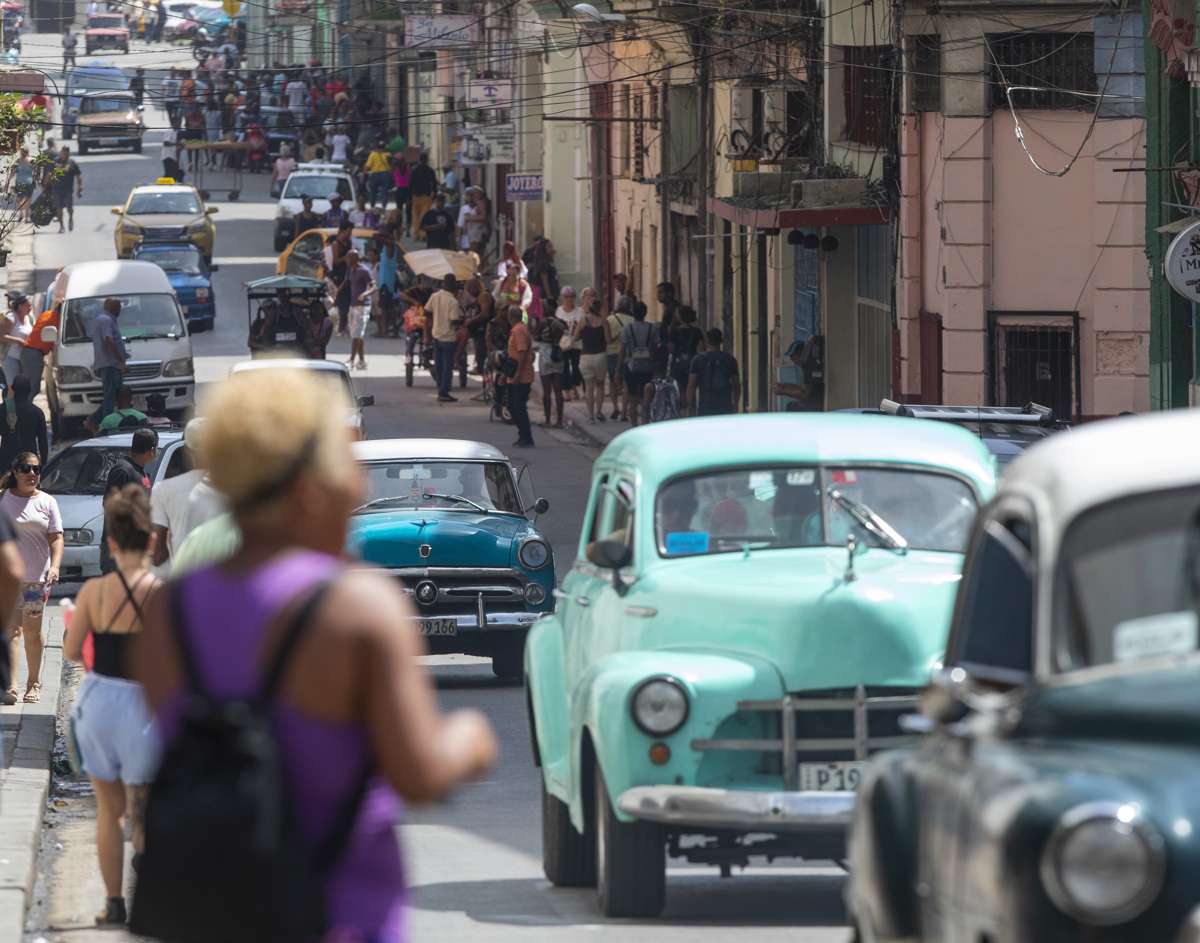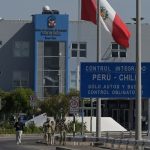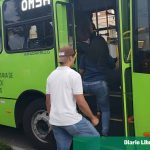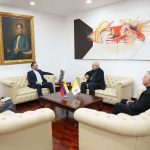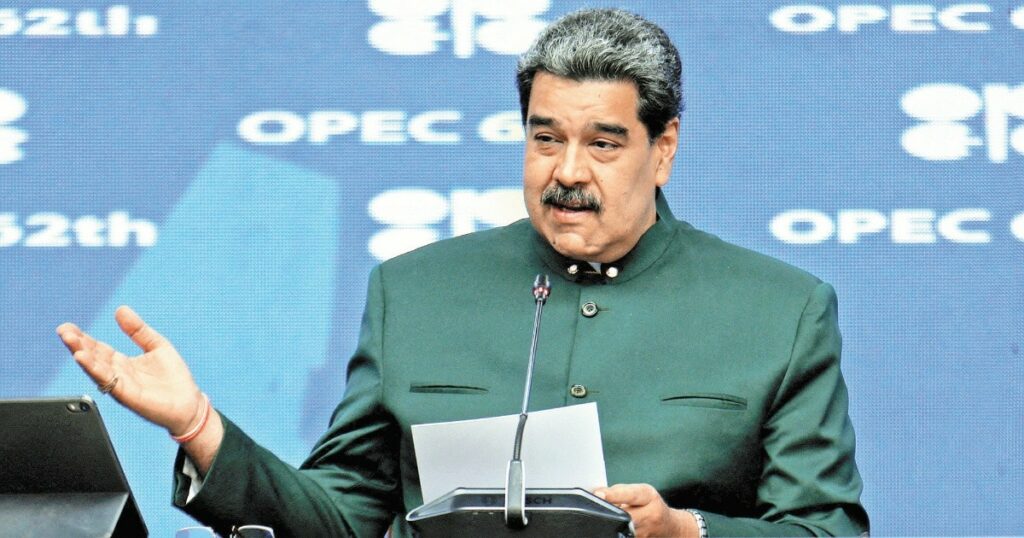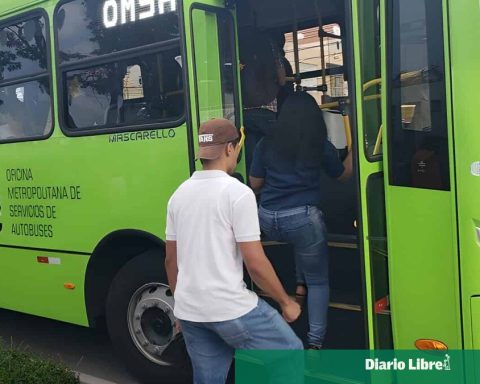Internet service was interrupted again in Cuba on Friday night, according to groups that monitor access to the network. Without official explanations for the lack of access to mobile data, activists against the Cuban government have denounced that the measure is a method to avoid coverage of the protests that are repeated in several territories due, mainly, to the consequences of the electricity blackout that affects Cuba. the entire Island after the passage of powerful Hurricane Ian on Tuesday.
“Internet service has been interrupted once again in Cuba, at about the same time as yesterday (Thursday),” said Alp Toker, director of Netblocks, a London-based network monitoring firm. “The timing of the cuts provides another indication that they are a measure to suppress coverage of the protests,” he added, quoted in a report by the AP agency.
Internet service returned in Cuba at 7:54 UTC (3:54am local) earlier today following a second internet blackout in as many days.
This 2nd internet shutdown lasted almost 8 hours. #KeepitOn #CubaPaLaCalle pic.twitter.com/YpNuAnZ9D4
— Doug Madory (@DougMadory) October 1, 2022
Written by Andrea Rodríguez, the note recalls that for the second consecutive day groups of Cubans protested on Friday night in Havana due to the lack of electricity service. And according to the Spanish Efe, more than a hundred people gathered early at night in the Playa municipality to protest the lack of electricity.
On Thursday, towns on the outskirts of the capital, such as Barreras and La Gallega, banged saucepans and spoons under the cry of “we want light!” In some cases they blocked streets, burned tires and rubbish.
Masiel Pereira, a 27-year-old housewife, told The Associated Press that “the only thing I ask is that they turn on the power for my children who have spent a battery (several) days without being able to have a little yogurt.” Meanwhile, her neighbor Yunior Velásquez, 61, lamented that “all the food is about to be lost. It’s good now!” Other points of demonstration were the Cerro municipality and the Vía Blanca. In none, according to this source, had acts of violence been recorded.
Those on Thursday were the first protests in the streets after the impact of the hurricane on Tuesday. Similar scenes took place in Holguín (east), Matanzas (west) and in other municipalities of Havana such as Boyeros, Habana del Este, Marianao and Cerro. That night there was also no internet service or cell phones and although power was restored in some points the next day, there are still areas without service, even in the capital.
“What situation is this country going through? I’m Cuban, I’m a revolutionary, but I don’t understand,” Valentín Gómez, a 51-year-old bricklayer, told the AP. “They who rule here are not giving the front (the face)”. Gómez explained that he did not see a solution from the authorities to the power outage. Meanwhile, time passed and his food spoiled in the refrigerator.
The protests over the lack of electricity, which were left at zero after Ian’s passage, are the first of their magnitude since July 2021, when thousands of people took to the streets also due to blackouts and to claim for the shortage of goods. as part of a crisis exacerbated by the COVID-19 pandemic and US sanctions.
“The structural problem with the Cuban electricity sector already existed before the hurricane. They will be able to take measures to improve their behavior in the short term… but the leak in the boiler will occur again, sooner or later. There is no short-term solution,” Jorge Piñon, director of the Energy and Environment Program for Latin America and the Caribbean at the University of Texas, told the AP. “In the long run… a lot of money.”
Ian, a monstrous hurricane that crossed Cuba to the west, left three dead and an as yet unquantified amount of material damage while causing an electrical failure that – for the first time in living memory – left the island completely in the dark. The meteor later continued on its way to Florida, where it caused enormous devastation. The Electric Union reported that the national energy system is already interconnected, but that there are damages caused by the hurricane to the infrastructure —poles, power lines, transformers— that will take time to be repaired.
Questioned about the protests, the president of the Havana Provincial Defense Council, Luis Antonio Torres Iríbar, told Cuban television: “I believe that protesting is a right. But it is a right when those responsible, the State and the Government, stop doing what is their responsibility. In the conditions that yesterday’s protest took place, what it does is stop the fulfillment of our mission, which is, in the shortest time possible, to achieve full recovery.”
He also commented in Friday’s statements that Havana had more than 50% of its electrical system recovered and about 60% of customers had electricity.
With information from Ap, Efe and CubaDebate.
